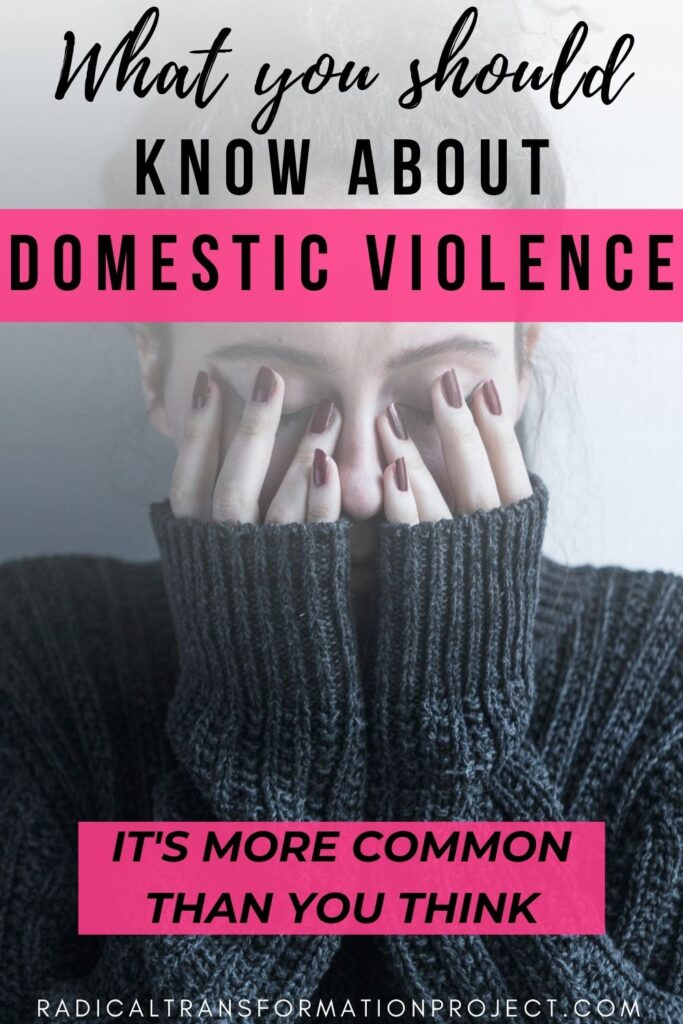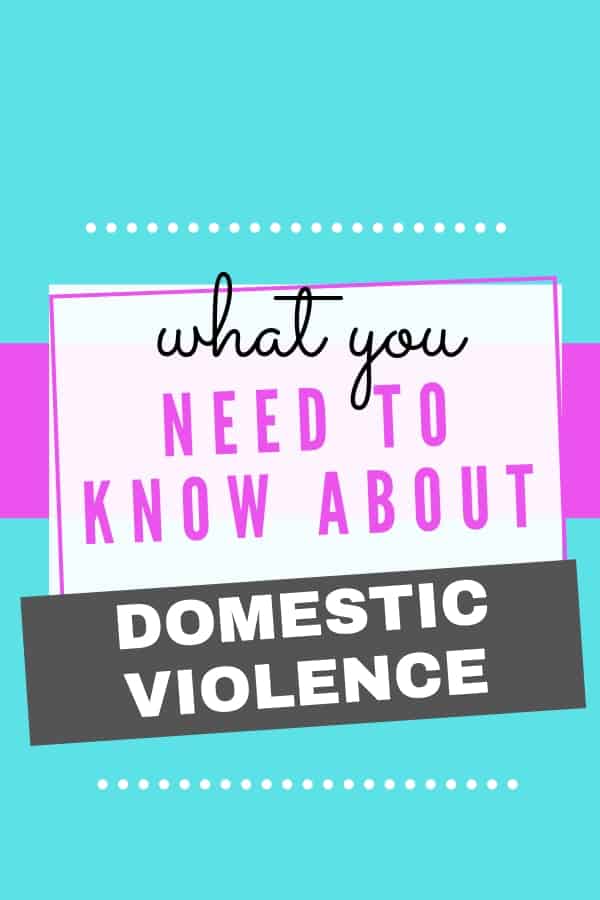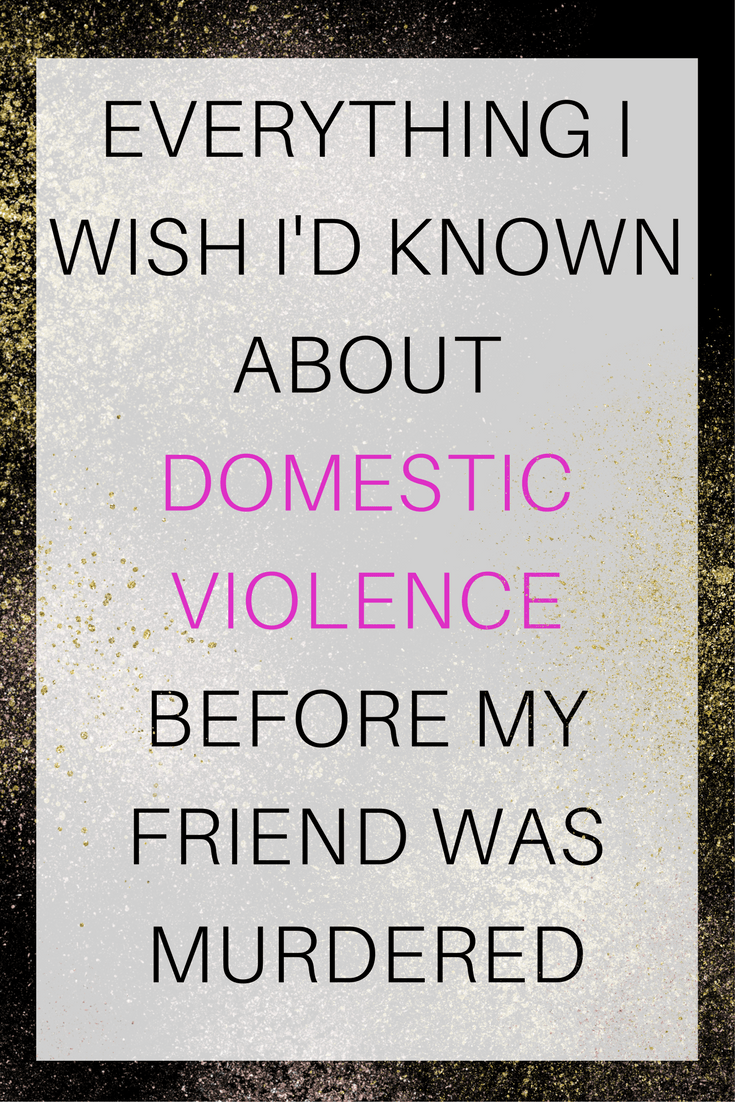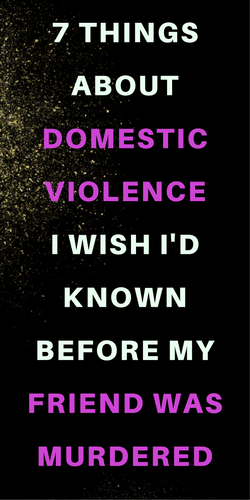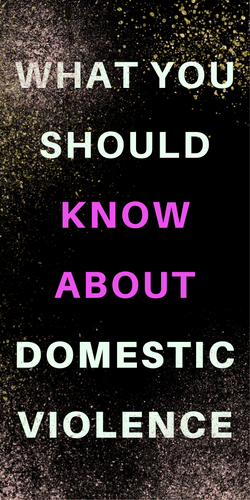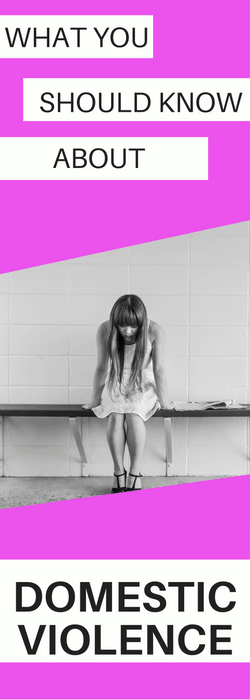Three years ago yesterday one of my best friends was murdered by her boyfriend. I wish I wasn’t writing this blog post and I didn’t have to talk about murder and how damn sad I am but life doesn’t always go how we want. I have to live with so much regret and I wish everyday that I had done more to help my friend. If you know someone is in an abusive relationship I urge you to reach out to them. The violence in her relationship escalated very quickly. Our friends were reaching out to her but we didn’t think things would get so violent so fast. We thought we had more time. If someone you know is being abused I urge you to act and reach out to them even if it’s uncomfortable. All of our friends have a similar story “I was going to call her but I didn’t want her to be embarrassed” or “I saw her out and wanted to say something but I didn’t want to bring it up”. I have the draft of an email I wrote to her and never sent still sitting in my drafts folder. I can’t tell you how much that haunts me. I wrote her that email and then I thought it would be better to call. When I went to call I thought “this would be better in person, I’ll wait until I see her next time”. Seven days later I was flying home to go to her funeral. Now I would give anything to be able to send that damn email. I hope this story will inspire someone out there to act. Don’t wait, do it today because you don’t know what could happen tomorrow. You don’t know how much time you have.
For anonymous, confidential help available 24/7, call the National Domestic Violence Hotline at 1-800-799-7233 (SAFE) or 1-800-787-3224 (TTY)
It Can Happen to Anyone
There is no “typical” domestic violence victim. Women and men of all ages, races, sexual orientations and socioeconomic backgrounds can become victims of domestic abuse. Domestic abuse isn’t just physical violence. It occurs when one person tries to have complete control over the other person. This could be through manipulation, threats or intimidation (more info here).
It’s Common
These statistics are from the National Coalition Against Domestic Violence.
- On average, nearly 20 people per minute are physically abused by an intimate partner in the United States. During one year, this equates to more than 10 million women and men.1
- 1 in 3 women and 1 in 4 men have been victims of [some form of] physical violence by an intimate partner within their lifetime.1
- 1 in 4 women and 1 in 7 men have been victims of severe physical violence by an intimate partner in their lifetime.1
- 1 in 7 women and 1 in 18 men have been stalked by an intimate partner during their lifetime to the point in which they felt very fearful or believed that they or someone close to them would be harmed or killed.1
- On a typical day, there are more than 20,000 phone calls placed to domestic violence hotlines nationwide.9
- The presence of a gun in a domestic violence situation increases the risk of homicide by 500%.10
- Intimate partner violence accounts for 15% of all violent crime.2
- Women between the ages of 18-24 are most commonly abused by an intimate partner.2
- 19% of domestic violence involves a weapon.2
- Domestic victimization is correlated with a higher rate of depression and suicidal behavior.2
- Only 34% of people who are injured by intimate partners receive medical care for their injuries.2
It Happens In Cycles
Domestic violence occurs in a cycle. Often times after an incident there will be a “honeymoon” phase where the abuser is very apologetic. After the honeymoon phase things will calm down and feel sort of normal for awhile before tension starts to build again. The tension will continue to build until the abuser lashes out and abuses the victim again. After the incident the cycle starts all over again as the abuser feels guilty and the couple enters the honeymoon phase again.
What To Do
According to womenshealth.gov these are some things you can do if someone you know is in an abusive relationship.
- Set up a time to talk. Try to make sure you have privacy and won’t be distracted or interrupted.
- Let your friend know you’re concerned about her safety. Be honest. Tell them about times when you were worried about them. Help them see that what she’s going through is not right. Let them know you want to help.
- Be supportive. Listen to your friend. Keep in mind that it may be very hard for them to talk about the abuse. Tell them that they are not alone, and that people want to help.
- Offer specific help. You might say you are willing to just listen, to help them with childcare, or to provide transportation.
- Don’t place shame, blame, or guilt on your friend. Don’t say, “You just need to leave.” Instead, say something like, “I get scared thinking about what might happen to you.” Tell them you understand that their situation is very difficult.
- Help her make a safety plan. Womenshealth.gov has information about safety planning here.
- Encourage your friend to talk to someone who can help. Offer to help them find a local domestic violence agency. Offer to go with them to the agency, the police, or court.
- If your friend decides to stay, continue to be supportive. Your friend may decide to stay in the relationship, or them may leave and then go back many times. It may be hard for you to understand, but people stay in abusive relationships for many reasons. Be supportive, no matter what your friend decides to do.
- Encourage your friend to do things outside of the relationship. It’s important for them to see friends and family.
- If your friend decides to leave, continue to offer support. Even though the relationship was abusive, they may feel sad and lonely once it is over.
- Keep in mind that you can’t “rescue” your friend. they have to be the one to decide it’s time to get help. Support them no matter what her decision.
- Let your friend know that you will always be there no matter what.
Signs
According to newchoices.org these are some of the signs that someone is in an abusive relationship.
Extreme Jealousy on the Part of the Abusive Partner
The abusive partner could demand to always know where the victim is going and who they are with or constantly call them when they are apart. They might forbid them from talking to male friends or get angry if the victim has a conversation with another man.
Isolation
Abusers will separate their victim from any type of support system they might have. They will often demand that they stop seeing their friends one by one until they are isolated.
Sudden Changes in Personality or Appearance
If someone you know changes their whole appearance or personality after entering a relationship this could be a sign they are in an abusive relationship. Some abusers will try to control the victims appearance by demanding they dress or do their makeup a certain way.
Injuries and Excuses
Many abusers become very good at only harming the victim in ways that will not be visible to other people. If someone you know is chronically injured or calling in sick to work it could be a sign of abuse.
Absences from Work or School
Abusers will often try to control where their victim goes by demanding they stay home or doing things to make it impossible for the victim to leave like sabotaging childcare and transportation. Victims may also call out sick if they have a physical injury like a black eye that people could notice.
Accusations of Having Affairs
This is a common sign of abuse. The accusations give the abuser an excuse to attack the victim. Accusations could include wanting to be with another man, dressing a certain way to try and get attention from men or having affairs.
Fear of Conflict
Often victims of abuse will do everything possible to avoid any kind of conflict. They might go to great great lengths to avoid any kind of conflict with friends or coworkers.
Self-Blame
If someone always blames themselves for everything that goes wrong at home or in their relationship it could be a sign they’re in an abusive relationship.
Avoid Victim Blaming
No one deserves to be abused and it is never the victims fault. Avoid using phrases like “they should have left the relationship after ____ or they both have problems. The only person responsible for abuse is the abuser. Read more about victim blaming here.

Causes
According to stoprelationshipabuse.org some of the causes of abuse are:
- Sense of entitlement
- A belief they should have power and control over their partner
- Belief that they can get away with it
- Learned experience that being abusive gets them what they want
- Belief that their lives should take priority
According to the National Coalition Against Domestic Violence these are some of the warning signs of an abuser.
Extreme jealousy
Possessiveness
Unpredictability
A bad temper
Cruelty to animals
Verbal abuse
Extremely controlling behavior
Antiquated beliefs about roles of women and men in relationships
Forced sex or disregard of their partner’s unwillingness to have sex
Sabotage of birth control methods or refusal to honor agreed upon methods
Blaming the victim for anything bad that happens
Sabotage or obstruction of the victim’s ability to work or attend school
Controls all the finances
Abuse of other family members, children or pets
Accusations of the victim flirting with others or having an affair
Control of what the victim wears and how they act
Demeaning the victim either privately or publicly
Embarrassment or humiliation of the victim in front of others
Harassment of the victim at work
Resources
For anonymous, confidential help available 24/7, call the National Domestic Violence Hotline at 1-800-799-7233 (SAFE) or 1-800-787-3224 (TTY)
Personalized Safety Plan
Post Separation Power and Control Wheel
Dynamics of Abuse
FAQ, Myths and Facts
How to Avoid Victim Blaming
Want to remember this article?
-Pin it for later-
